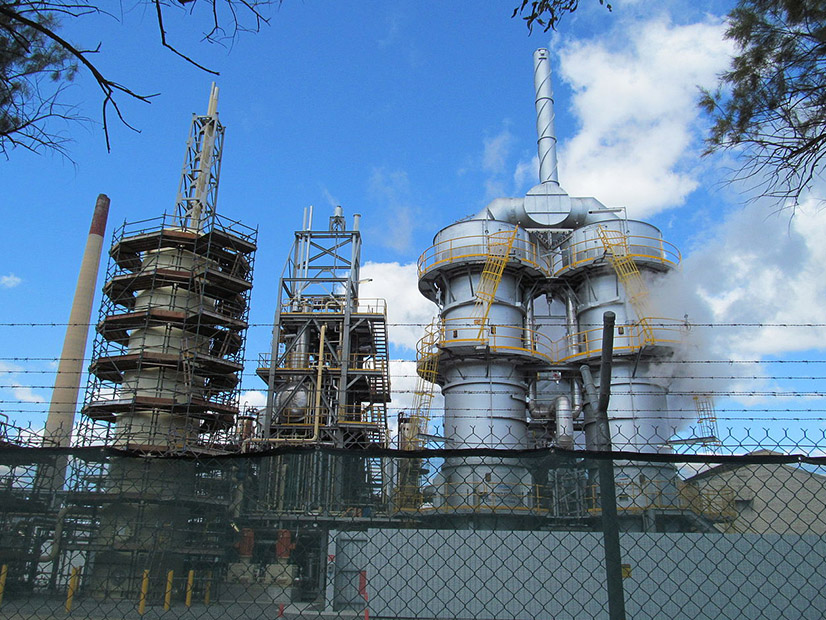
The World Economic Forum, in collaboration with consultancy Accenture and the Electric Power Research Institute (EPRI), on Wednesday launched a new initiative to transition so-called “industrial clusters” toward net-zero emissions.
Industrial clusters are geographic regions with co-located industrial customers. Such regions account for approximately 15 to 20% of global CO2 emissions, according to EPRI.
“We believe these clusters are one of the most impactful areas when it comes to achieving our net-zero emissions,” said Louise Anderson, electricity industry manager at World Economic Forum.
Companies that are co-located can take advantage of synergies in order to accelerate their progress toward net zero, she said. The initiative advances the work being done to accelerate the deployment of hydrogen and other low-carbon technologies, including those for electrification and efficiency, Anderson said.
The initiative has already recruited two clusters in the U.K. and one each in Australia and Spain, with a collective CO2 emissions reduction profile of approximately 30 million tons. It aims to have 100 industrial clusters signed up by 2024, but hopefully it can do a lot more than that, said Melissa Stark, global renewables and energy transition lead at Accenture. “One hundred clusters could be 800 million tons; that’s like Germany” alone, she said.
Twenty years ago industry managers were told that decarbonizing the power industry was very difficult; that renewables were just a small part of the effort; and that decarbonizing heavy industry was nearly impossible, said Agustin Delgado, chief innovation and sustainability officer for Iberdrola, representing the participating cluster in the Basque region of Spain.
“We want to prove with these industrial clusters that it can be done,” Delgado said. “We can start today delivering low-heat industrial processes, electrification of some of the processes and using new materials like green steel.”
Such environmental targets by industry bring good business value, sustainable impact and create new jobs, Anderson said, citing U.K. hopes to secure 1.5 million jobs by developing four net-zero industrial clusters, which through avoided emissions can also bring the country 3 billion to 4 billion pounds of potential savings per year by 2050.


